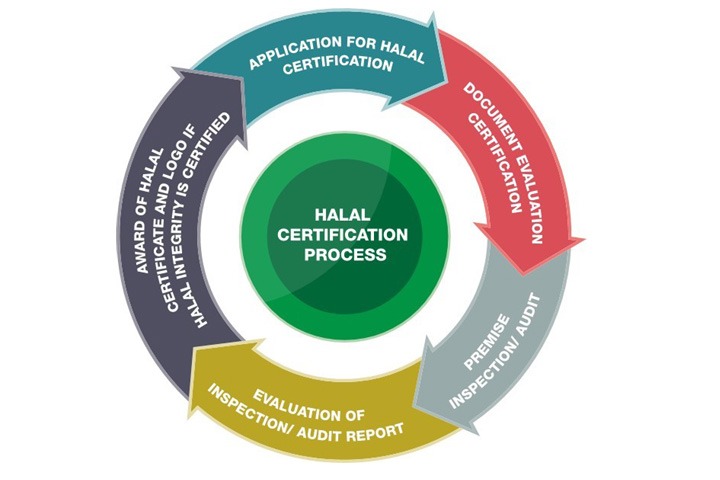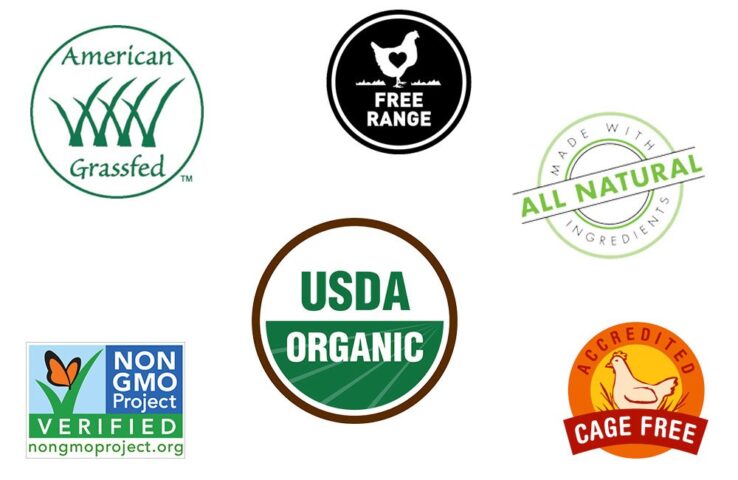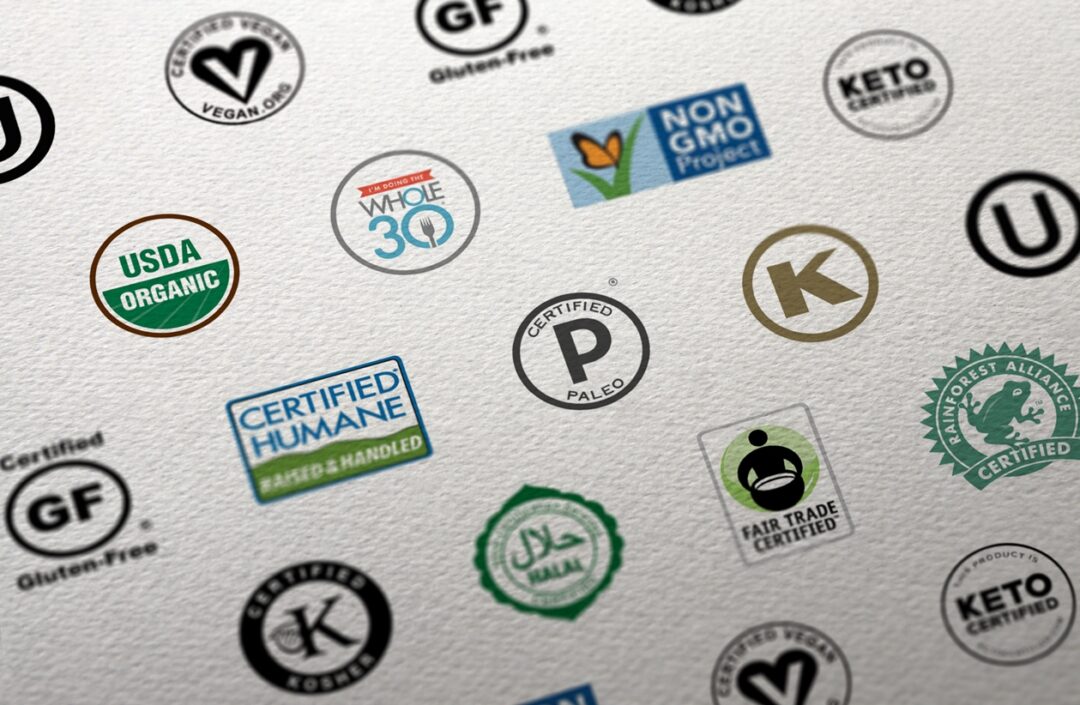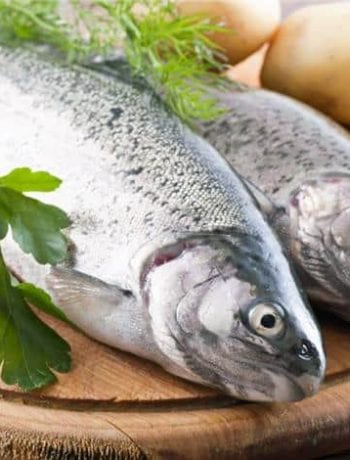Food certification plays a crucial role in ensuring the safety and quality of products we consume. In the USA, various certification programs exist to guarantee that food products meet specific standards. Understanding these credentials can help consumers make informed choices and trust the quality of their food.
What is Food Certification?

Source: supermarketnews.com
The process of food certification involves assessing a product to make sure it satisfies predetermined requirements for manufacturing, quality, and safety. These evaluations are generally carried out by independent groups. When a good product meets certain requirements, they certify it.
The Importance of Food Certification
Certifications for food are very important for several reasons. They provide customers with assurance about the security and quality of food items. They also assist producers in upholding strict guidelines and requirements. Since credentials frequently denote superior quality, they can provide items with a competitive edge in the market.
Types of Certifications
Organic Certification

Source: silva-intl.com
Organic certification is one of the most recognized diplomae in the USA. It ensures that products are produced without synthetic pesticides, fertilizers, and GMOs. To receive organic credentials, farmers and producers must follow strict guidelines set by the USDA.
Non-GMO Certification
Non-GMO certification indicates that a product does not contain genetically modified organisms. This diploma is crucial for consumers who prefer natural genetic composition in their food. The Non-GMO Project is a significant body that provides this credential.
Halal Certification: Catering to a Global Need
Halal certification is an independent assessment ensuring a product’s compliance with international Halal standards. Governed by organizations like the American Halal Foundation (AHF), this credential caters to the dietary laws derived from Islamic teachings. It focuses on the spiritual and physical wellness of the consumers.
The Certification Process
Steps in Gaining Certification

Source: globalhalal.org
The process of obtaining food certification involves several steps. It usually starts with an application, followed by an inspection of the production facilities. The product undergoes testing to ensure compliance with the standards of the diploma.
Maintaining Certification
Maintaining certification requires continuous adherence to the standards. Regular inspections and audits are conducted to ensure ongoing compliance. This process is crucial as it guarantees that the quality of certified products remains consistent over time.
Benefits of Food Certification
For Consumers

Source: organicallybecca.com
Consumers may rest easy knowing that food is certified. They reassure them that the goods they purchase are excellent and secure. Additionally, certifications facilitate the process for customers to choose products that suit their beliefs and dietary needs.
For Producers
For producers, credentials can open new markets and increase consumer trust. They also provide a framework for maintaining high production standards. This can lead to improved product quality and potentially higher profits.
Conclusion
In the USA, this certification is a crucial component of food quality and safety. Comprehending these certificates guarantees that manufacturers uphold high standards and empowers buyers to make educated decisions. Food certificates play a more important role as consumer demand for wholesome, safe food increases.




